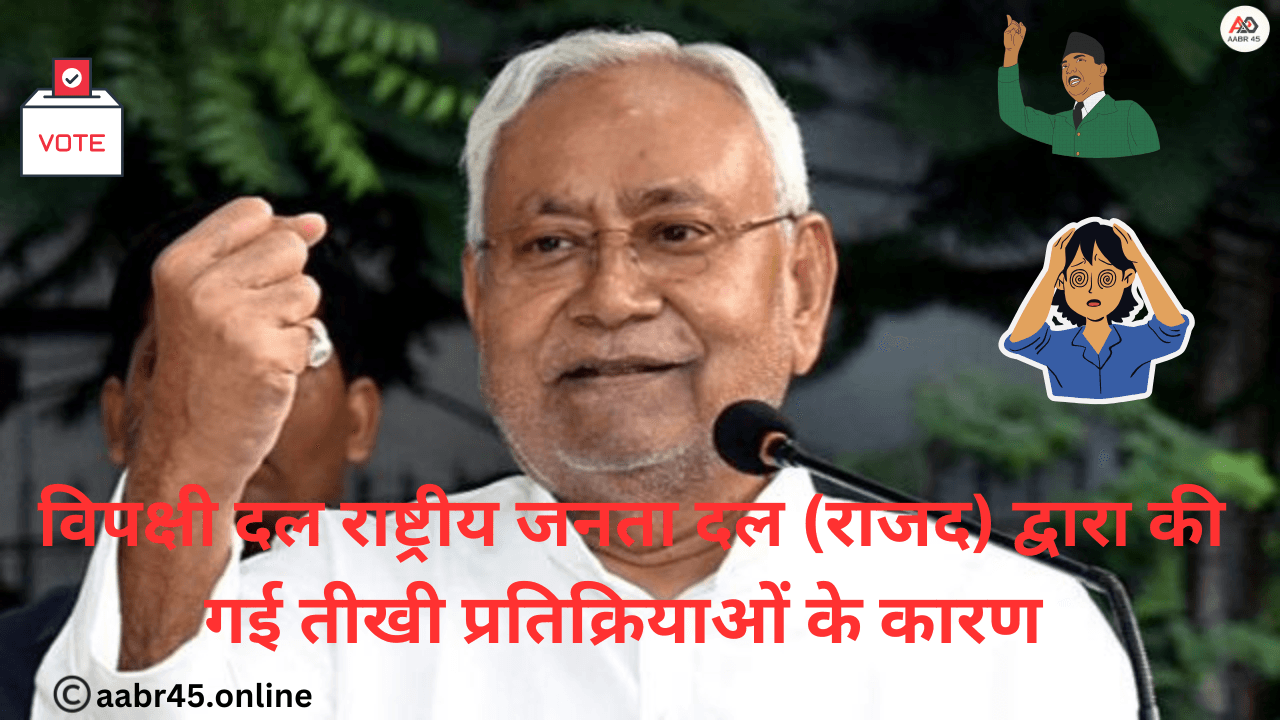Title: Supreme Court’s Verdict on Electoral Bonds: Shaping the Future of Political Funding
 Image Credit:- Instagram
Image Credit:- Instagram
The Supreme Court’s recent verdict on electoral bonds has sparked widespread discourse and speculation regarding the future of political funding in India. In a significant decision, the apex court upheld the validity of the electoral bond scheme introduced by the government in 2018. The scheme, which allows anonymous donations to political parties through bearer instruments, has been a subject of contentious debate since its inception.
Advocates of electoral bonds argue that they promote transparency by channeling donations through banking channels, thereby reducing the use of unaccounted cash in political funding. Proponents also assert that the anonymity of donors safeguards them from potential repercussions, encouraging more individuals and entities to contribute to the political process without fear of reprisal.
However, critics contend that electoral bonds undermine transparency and accountability in political financing. They argue that the anonymity feature facilitates opacity, enabling the flow of undisclosed money into political coffers and potentially opening avenues for corruption and influence-peddling. Moreover, concerns have been raised about the disproportionate advantage electoral bonds may offer to affluent donors and established political parties, potentially marginalizing smaller parties and independent candidates.
The Supreme Court’s decision to uphold the validity of electoral bonds has stirred mixed reactions. While some view it as a step towards reforming political funding practices and curbing black money in elections, others perceive it as a setback to transparency and democratic principles. The court’s ruling has reignited calls for comprehensive electoral reforms to address the shortcomings of the current system and restore public trust in the political process.
Moving forward, it is imperative for policymakers to strike a delicate balance between promoting transparency and protecting the interests of donors while devising mechanisms for political financing. The verdict underscores the need for robust oversight mechanisms and stringent regulations to ensure that electoral bonds serve their intended purpose without compromising the integrity of democratic institutions. Ultimately, the evolving landscape of political funding in India warrants continual scrutiny and adaptation to uphold the fundamental principles of democracy and accountability.






